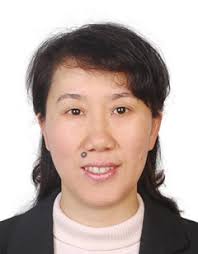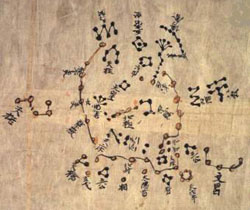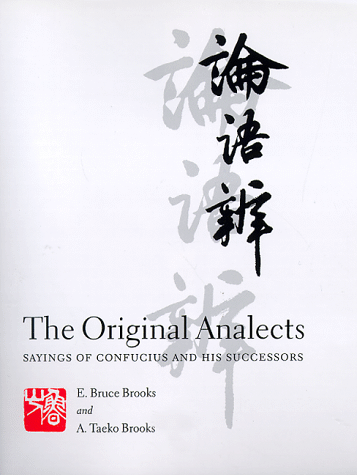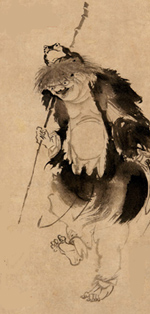Questions on Translating the Analects
Tao Youlan
April 2019This uestionnaire was put together by Tao Youlan, a specialist in translation theory, who is currently (2019) studying at Kent State University, and has been particularly interested in The Original Analects. The questionnaire is in five parts.
1. Why?
Q1a: What are your motivations for translating the Lun Yw into English?
A1a. Our project is to understand the Chinese classical period, usually called the Warring States, and its precursor, the Spring and Autumn. The Warring States period, the formative age for all later Chinese history and thought, is represented by several dozen texts. The first task is to determine their chronological relationships, which has never been adequately done, and the preliminary to that is to determine the character of the texts themselves, which has been very imperfectly done. MOst of these texts are not single entities; instead, they were formed over time, either as the expanding school text of a service group (such as the Analects or the Gwandz)., or as disciple additions to the interviews of a major political figure (such as the Mencius). The first critical approach to the Analects was by Lyou Dzung-ywaen, in the Tang Dynasty, with further contributions from later Chinese and Japanese scholars, most notably by Tswei Shu in the Ching Dynasty (to whom our book is dedicated).
2. How?
Q2a1. How do you get to understand the Lun Yw?
A2a1. As part of a general program, over many years, to understand the Chinese classical period.
Q2a2. Can you read it in Chinese?
A2a2. Yes, sufficiently for the purpose. One reads these texts word byword, not page by page.
Q2a3. Did you refer to any Chinese commentaries on the Lun Yw?
A2a3. Several. Unfortunately, the Analects became at one point one of the Four Books, and was thereafter interpretted as teaching Sung Neo-Confucian philosophy, which is often a distortion of the original meaning. The standard recent commentary is that of We have found that the earlier commen
Q2a4. Why did you select that commentary?
A2a4.
Q2b. Have you read English versions during your translation as reference?
A2b.
Q2c. What academic papers on translating or studying the Lun Yw have you read?
A2c.
Q2d. What are the biggest challenges you have encountered in the process of translation?
A2d.
Q2e1. What translation method do you prefer when translating those concepts in the Lun Yw that have no English equivalents?
A2e1.
Q2e2. What translation strategies (textual and extra-textual) do you think most appropriate in translating such a classic as rthe Lun Yw?
A2e2. The word "classi " introduces a complication. In its own time, the Analects was respected by some, opposed by others, and ridiculed by still others. At that time, the recognized classics (as LY 00:00 states specifically) were the Shr (the court poetry repertoire), the Shu (supposed speeches of ancient rulers), and the Rituals (probably what we now calo the Yi-li). These remained central to Confucian thinking under the Empire, but ther ASnalects also gained popularity, and was included when the official "classics" were engraved on stone in the Latter Han, in the years 00-00. Here is a piece of
and were included in the a body of supposed In eacly Imperial t9imes, under the Chin Dynasrty,
Q2aWe don't regard interpretation as part of the job of translation. We think it is something separate: the adjustment of the text to the needs or interests of modern readers. Interpretation may be dealt with in a preface or a commentary, but in our view it shouldn't intrude on the translation itself. We distinguish the text from some sermon based on the text.
Q: Is your perspective also historical, as your research on the textual and chronological compilation of Lun Yu and other literature of the Warring States?
3. What?
Q3a. What feature of the Lun Yw impresses you most?
4. For Whom?
Q4a.
5. To What Effect?
Q5a.
All lectures and abstracts posted on this site are Copyright © by their authors.
29 Apr 2007 / Contact The Project / Exit to Lectures Page




